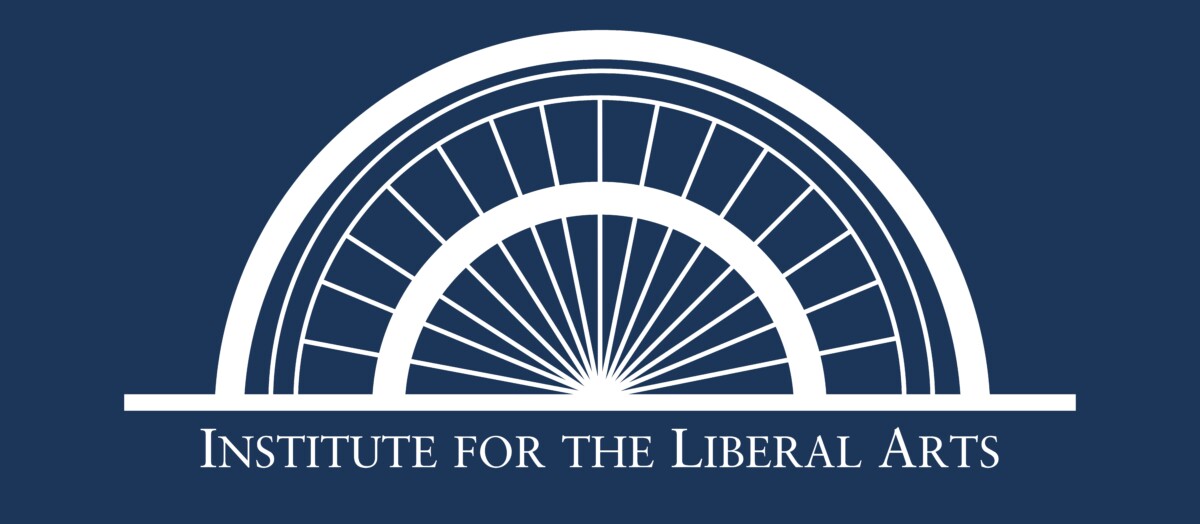
You show up to the doctor’s office because you have a headache, fatigue, joint pain, and the overall feeling that something’s just not right. You tell your doctor all this but keep the last part to yourself because you feel it would make no difference. The doctor asks if you have a fever, cough, sore throat, or have traveled out of the country in the last two weeks.
You answer, “no”.
She asks you if you’re active, and you say, “Yes, I went on a run yesterday actually.”
“Did you drink enough water?”
“I guess it’s possible I didn’t.”
“Drink plenty of water and electrolytes and try to take it easy for the next few days. You may just be dehydrated.”
It doesn’t feel like dehydration, but you nod and agree because she’s the doctor—she’s supposed to know better than you. You leave the office without mentioning the hike you went on in Maine last week because your doctor didn’t ask—she may have tested you for Lyme Disease otherwise.
The incomplete nature of this interaction is not unique, it is the norm. It’s difficult to open up to someone you only see once a year for fifteen minutes, even when they do ask the right questions. It’s even harder to give someone information unprompted, especially when you feel it’s not important. Because of this, your doctor didn’t have the whole story; perhaps she didn’t have the time to find out, or perhaps she didn’t know to ask. They don’t teach doctors to make small talk with their patients in college or medical school, so how could they not be strangers to their patients if they don’t learn how to get to know them?
It’s difficult to come across other social interactions where revealing sensitive health information to a stranger is the expectation and the norm. So how do doctors learn to build trust with their patients within the time constraints of an appointment? It certainly isn’t through their college education.
In the United States, undergraduate premedical students must complete extensive coursework in biology, chemistry, physics, and math. The traditional approach to science education seldom contextualizes information within a broader social and cultural setting, leaving students ill-prepared to understand and interpret patients’ stories. Rita Charon provides a framework for physicians to engage with patients’ social and cultural backgrounds in her narrative medicine model of medical practice to supplement the biomedical knowledge student-doctors acquire in their undergraduate and medical school studies. Dr. Charon’s model uses narrative competence – the ability to acknowledge, absorb, interpret, and act on the stories of others – to connect physicians to patients’ illness experiences.[1] Such engagement with patient narratives opens opportunities for physicians to enhance their knowledge of their patients beyond family history questionnaires and physical exam findings in creating treatment plans. Dr. Charon’s model represents a holistic approach to medicine that the current undergraduate premedical curriculum fails to address.
To help fill this gap in the undergraduate premedical curriculum, I designed a narrative medicine course for undergraduate students pursuing healthcare careers based on Dr. Charon’s narrative medicine model. Class activities included in-class journaling, spoken personal statements, reading discussions, ethical case studies, and conversations with physicians and medical students. The goals of this course were to introduce the concept of narrative medicine, encourage reflection about the role of the physician in the doctor-patient relationship, and engage in learning from others’ experiences, or in other words, their stories. In end-of-course evaluations, one hundred percent of students responded, “strongly agree”, to the statement, “I have learned more from others’ experiences (classmates, visiting physicians, etc.) in this course.” This is a hopeful step in the direction of educating future doctors on how to learn from others’ stories. By offering more classes like this one at colleges and universities across the country, we can strive toward a future in medicine where physicians value learning from each other and their patients as much as the sciences.
[1] Rita Charon, “Narrative Medicine: A Model for Empathy, Reflection, Profession, and Trust,” JAMA 286, no. 15 (October 17, 2001): 1897–1902, https://doi.org/10.1001/jama.286.15.1897.
